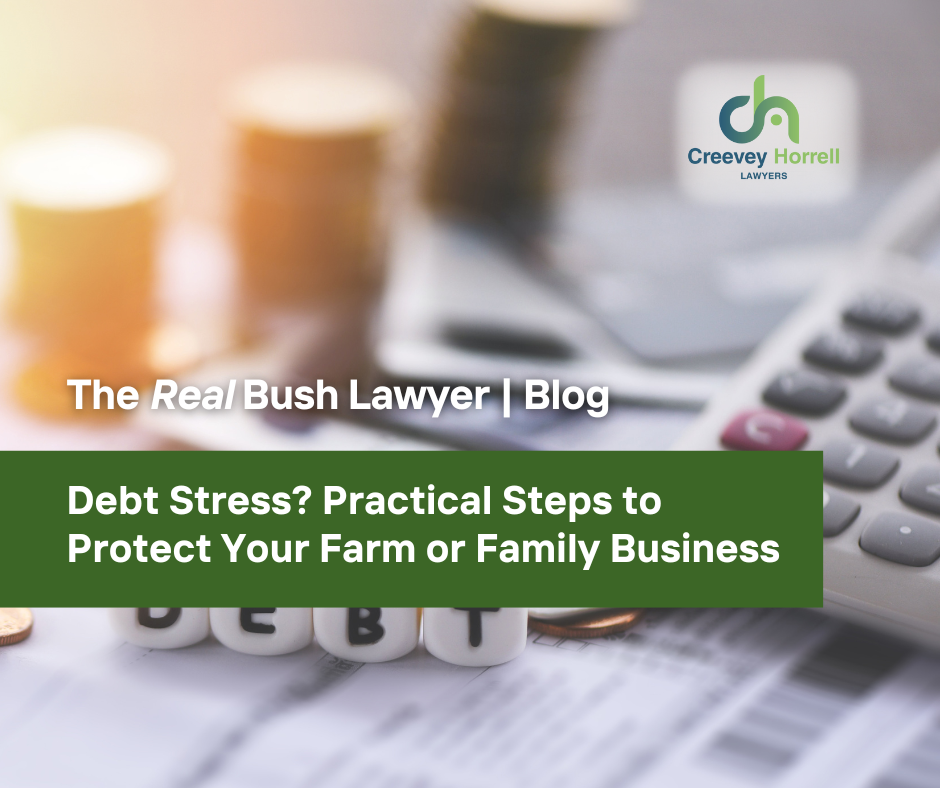FREEZING ORDERS IN QUEENSLAND
- Creevey Horrell Lawyers

- Mar 23, 2023
- 2 min read
Updated: Mar 24, 2023
What exactly is a freezing order?
As the name suggests, a freezing order is an order made by the Court which has the effect of freezing a party’s assets.
The purpose of the order is to prevent assets being removed from the jurisdiction or dissipated for the purpose of frustrating litigation. The usual form of order freezes all personal assets such as:
Cash
Real estate
Motor vehicles
Shares
Other items of value
The order will allow the person whose assets are frozen to use a set amount of funds for reasonable living expenses.
The relevant Court rule (rule 260A of the Uniform Civil Procedure Rules 1999 (Qld)) says:
“(1) The court may make an order (a “freezing order”) for the purpose of preventing the frustration or inhibition of the court’s process by seeking to meet a danger that a judgment or prospective judgment of the court will be wholly or partly unsatisfied.”
The process
Freezing orders are made on what’s called an ex parte basis. This simply means that the person whose assets you are trying to freeze is not given notice that you are applying for a freezing order.
You will need to prepare court documents quickly (an application and supporting affidavit material) which persuade the Court to make the order. The application will usually be listed for a second hearing very soon after the order is made so that the respondent has an opportunity to be heard in relation to the order.
What do I need to prove?
To persuade the Court to make a freezing order, you must be able to demonstrate that:
1. You have a good arguable case (in the matter that is before the Court or likely to come before the Court); and
2. There is a real risk that assets will be dissipated.
It is not enough to show that a party might dispose of assets. The authorities are clear that the evidence must show a real danger of assets being removed.
Other important points
The value of the assets frozen by a freezing order should not exceed the maximum amount of the applicant’s claim.
The Court may also order the respondent to swear an affidavit as to their assets and liabilities which would be affected by the order.
Can Creevey Horrell help me to obtain a freezing order?
Yes we can.
Creevey Horrell has been involved in several urgent freezing orders, some to the value of more than $1.5 million dollars where a respondent had sold assets when litigation was underway.
You need to act quickly to ensure that the fruits of any litigation remain preserved.
Contact Dan Creevey or Tom Rynders today for a 15-minute no cost consultation if you are considering litigation which may require a freezing order.




.png)




Comments